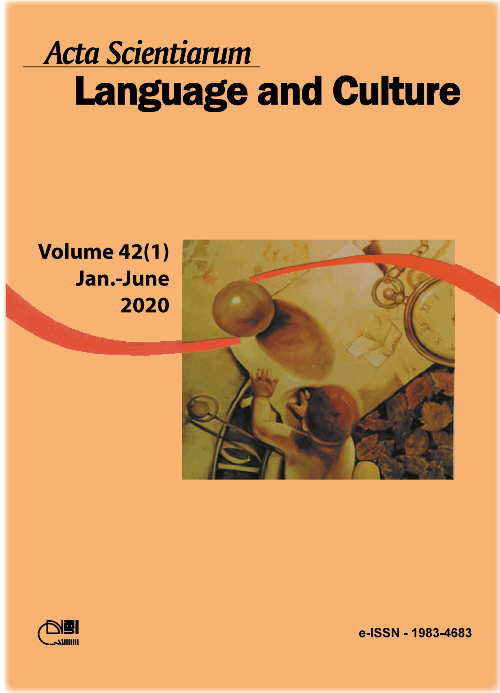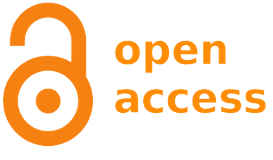The motivations for the implementation of the English language teaching in early education in a public muncipal school
Abstract
In this article, we investigated the motivations for the implementation of the English Language in the early years in a school located in Northern Paraná. The data analyzed consist of interviews with the subjects directly or indirectly involved with language insertion at school, such as: secretaries of education, principals and English teachers. For this interpretative qualitative research, characterized as a case study, we have based on the theoretical principles of the Policy Cycle Approach (PCA) (Bowe, Ball, & Gold, 1992; Mainardes, 2006; Ball & Mainardes, 2011) and authors such as Santos (2005), Muñoz (2014), Chaguri and Tonelli (2013), among others, about teaching English to children. The results reveal motivations of different natures for the insertion of the English Language in the investigated school, among them: the political motivation; 2) pedagogical motivation; 3) administrative motivation and 4) mercantilist motivation. Thus, the influence that English has nowadays, driven by the force of globalization, is considered the biggest motivation when thinking about offering a foreign language, and it is considered by the research participants as a "gateway" to the labor market and as a synonym for professional success.
Downloads
Metrics
DECLARATION OF ORIGINALITY AND COPYRIGHTS
I Declare that current article is original and has not been submitted for publication, in part or in whole, to any other national or international journal.
The copyrights belong exclusively to the authors. Published content is licensed under Creative Commons Attribution 4.0 (CC BY 4.0) guidelines, which allows sharing (copy and distribution of the material in any medium or format) and adaptation (remix, transform, and build upon the material) for any purpose, even commercially, under the terms of attribution.
Read this link for further information on how to use CC BY 4.0 properly.




















6.png)









